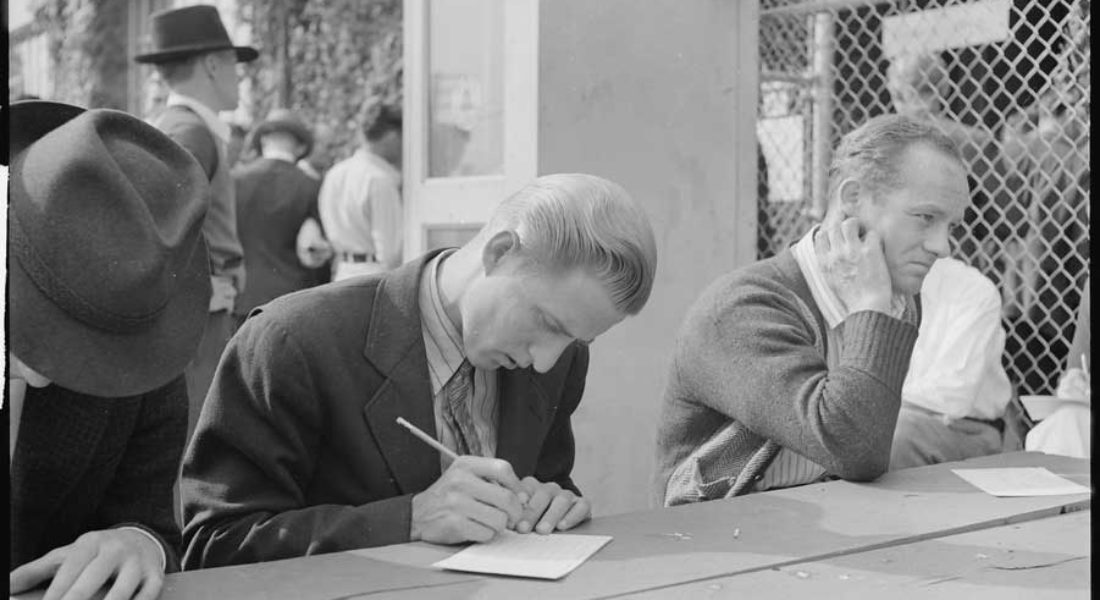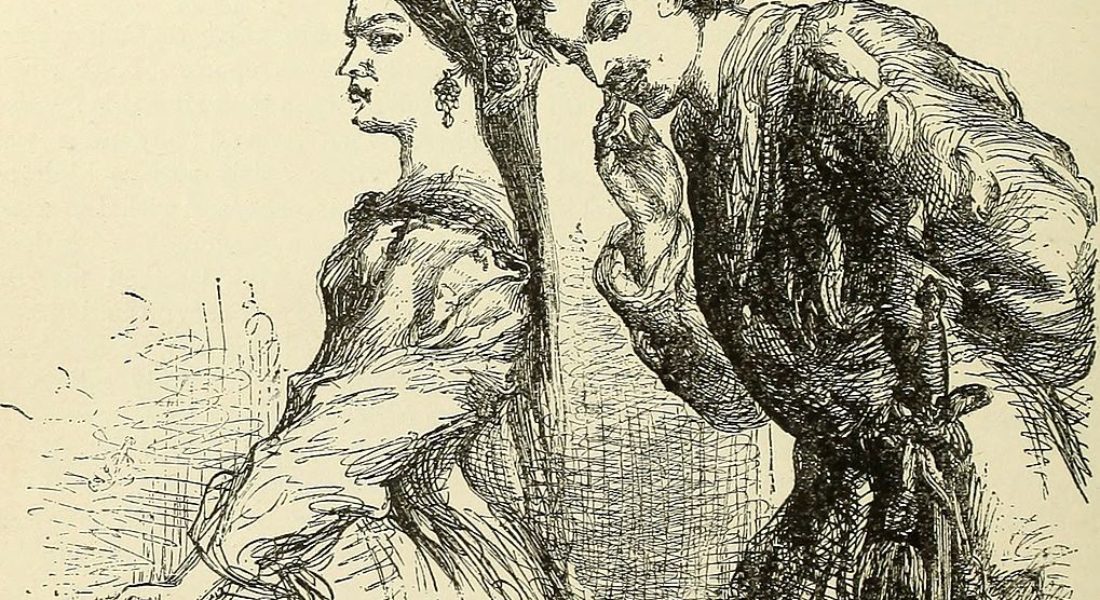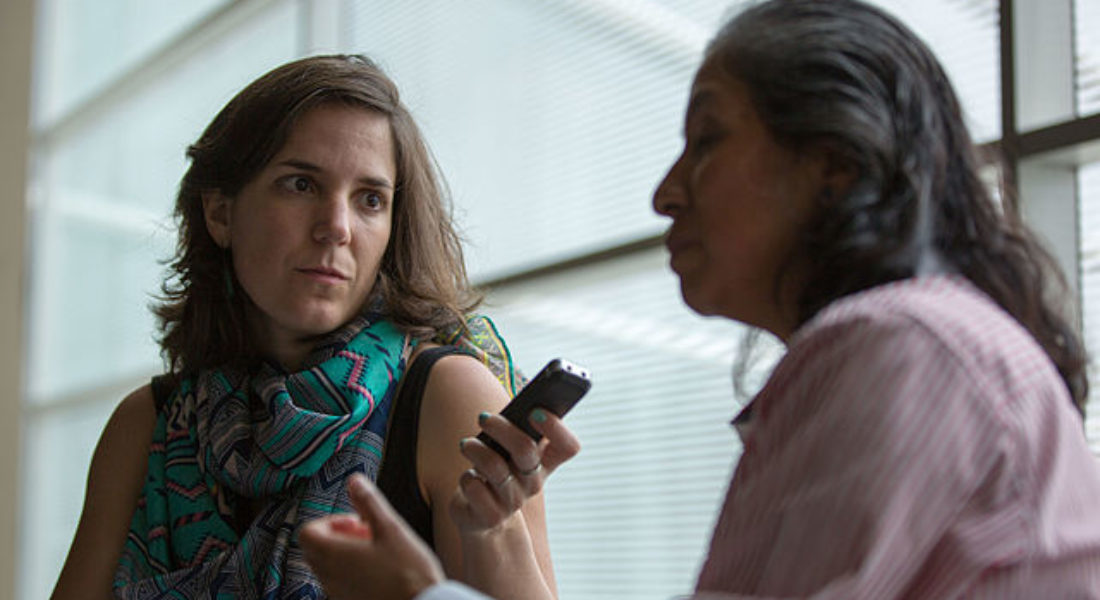This is the second of a two-part series relating to advanced preparation tips for that special deposition, key employee job applicant interview, claimant exam under oath or potential adversarial interview. Last month’s article emphasized the importance of conducting a thorough background inquiry on the subject understanding that
Read more →Recent newsletters have focused on how to identify intentional / unintentional lies – misstatements made by witnesses, claimants and / or applicants for employment. Enjoying one-on-one interaction and being a student of human behavior are key pre-requisites to success. Advance preparation and question planning is also an
Read more →Modern day statement analysis was pioneered by the FBI starting in the 1970’s. Their researchers first determined what a truthful statement typically contained and then what deviations were indicators of potential lies. Last month’s Newsletter provided an introduction to analyzing written statements for truthfulness; these types of
Read more →Whether analyzing a social media comment, a written statement relating to an insurance claim, an application for employment or any type of written evidence, you should always be looking for certain “red flags” that can signal an untruth. Some of the most obvious include; When a writer
Read more →Interviewing is the most skillful component of any investigation! Whether you are engaging in a routine or suspected fraudulent claim inquiry, questioning someone under oath, screening someone as a new-hire or for promotion or if you are gathering information for a business deal or a personal issue,
Read more →Last month you were introduced to deception detection expert Pamela Meyer who is a Certified Fraud Examiner (CFE) and an expert and leader in the field of detecting physical, verbal and written deception patterns. Her research has found that trained “liespotters” can identify falsehoods over 90% of
Read more →Pamela Meyer is a well known and well respected deception detection expert. She is a Certified Fraud Examiner (CFE) and holds an MBA from Harvard. Several years ago, she wrote a bestseller on the subject, Liespotting. For many years she has studied and researched the relationships of
Read more →The two best ways to identify lying are, first, understand and appreciate that it occurs frequently. Raising awareness and recognizing the threat is critical. Second, embrace training that will help you recognize warning signs, and then employ detection techniques when you review, prepare and question! German philosopher
Read more →Great listening skills are just one spoke in an interviewer’s wheel. Listening is integral to the whole process, but follow up is essential to proceed to the truth. Here are some of the most important follow up techniques to add to your toolbox: Show Encouragement! When your
Read more →To be an effective interviewer, you must be a good listener! Witnesses, job applicants, coworkers, family members and friends know when you are not listening/paying full attention to them. This can cause a negative emotion, and it has a definite impact on how someone answers and relates
Read more →








